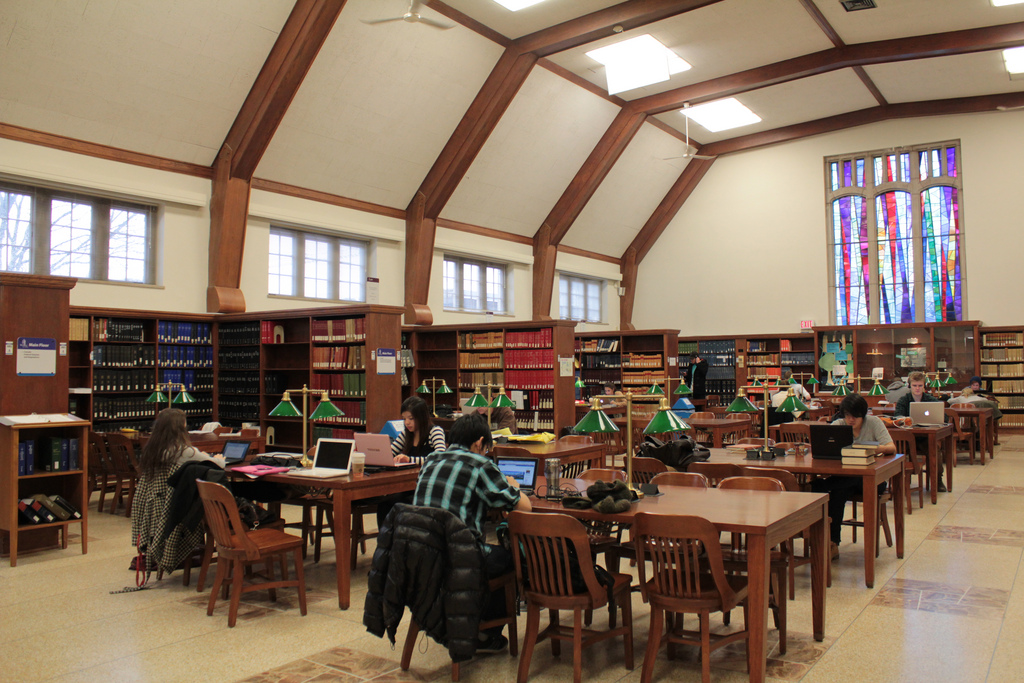Degree
Master of Studies in Law
Program
Studies in Law
Supervisor
Michael Coyle
Abstract
This paper explores conceptions of sovereignty held by Canada’s Indigenous and Western cultures. It seeks to determine what sovereignty entails and how the Crown- Indigenous relationship is affected by the judgments of Canada’s courts. The study makes no attempt to compare the relative merits of Indigenous and Western sovereignty conceptions. Similarly, it does not examine nor attempt to reconcile sovereignty-related tensions that may exist between the Crown and Indigenous peoples.
The research is framed by a two-part question: (1) What are the defining characteristics of Indigenous and Western conceptions of sovereignty; and (2) what impact do the sovereignty-related judgments of Canada’s courts have on the Crown-Indigenous relationship? I investigate sovereignty from the perspectives of theoretical first principles, contemporary interpretations, and Canadian jurisprudence, principallyDelgamuukw v British Columbia, a landmark case that established key legal principles pertaining to Indigenous title, evidentiary rules, and the powers of extinguishment.
I conclude that the lack of political will is the principal impediment to achieving a just, harmonious relationship between the Crown and Canada’s Indigenous peoples, regardless of their respective conceptions of sovereignty.
Recommended Citation
Hansen, Paul, "Conceptions of Sovereignty" (2019). Master of Studies in Law Research Papers Repository. 6.
https://ir.lib.uwo.ca/mslp/6
Included in
Indigenous, Indian, and Aboriginal Law Commons, Jurisprudence Commons, Law and Society Commons


